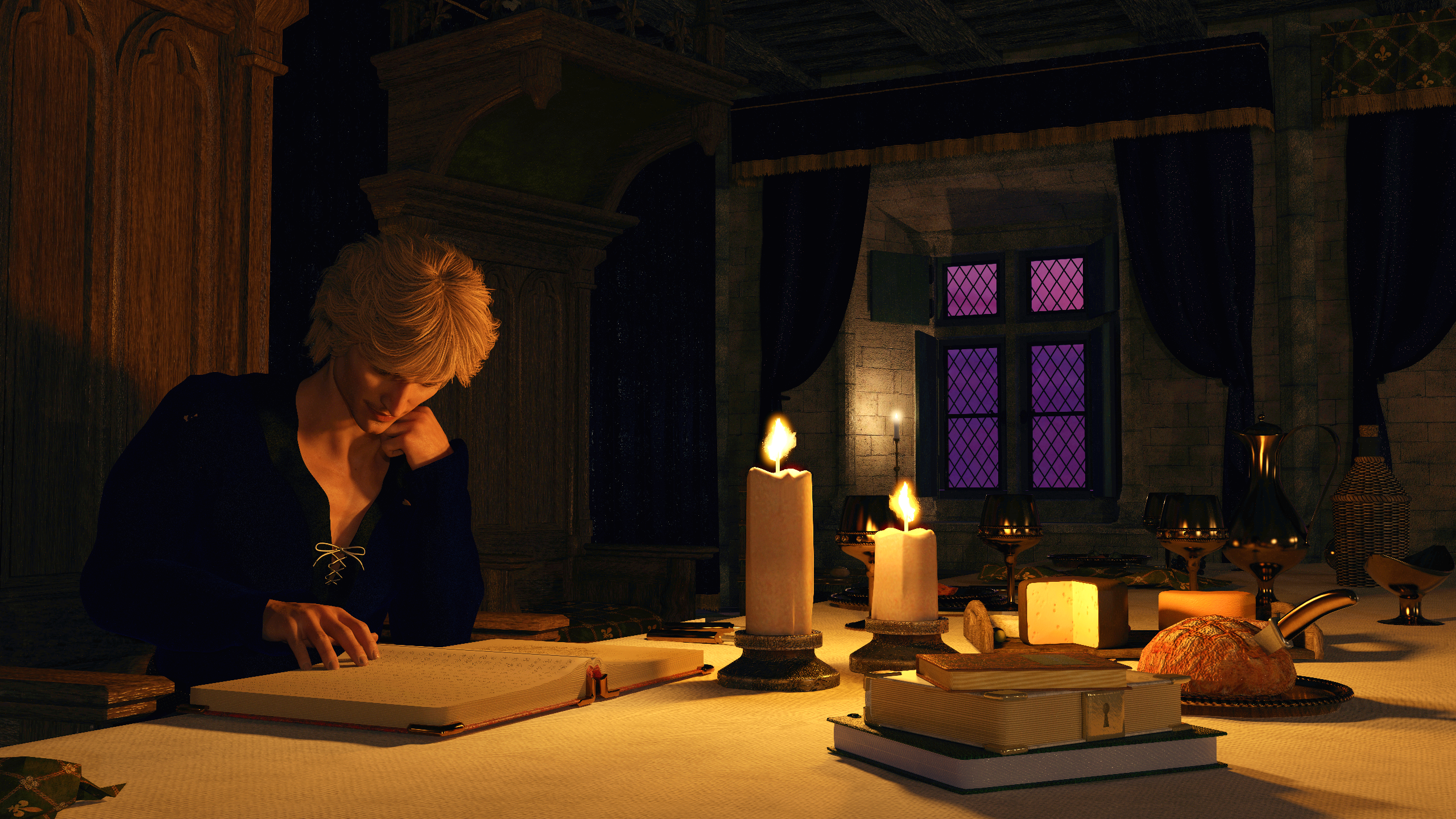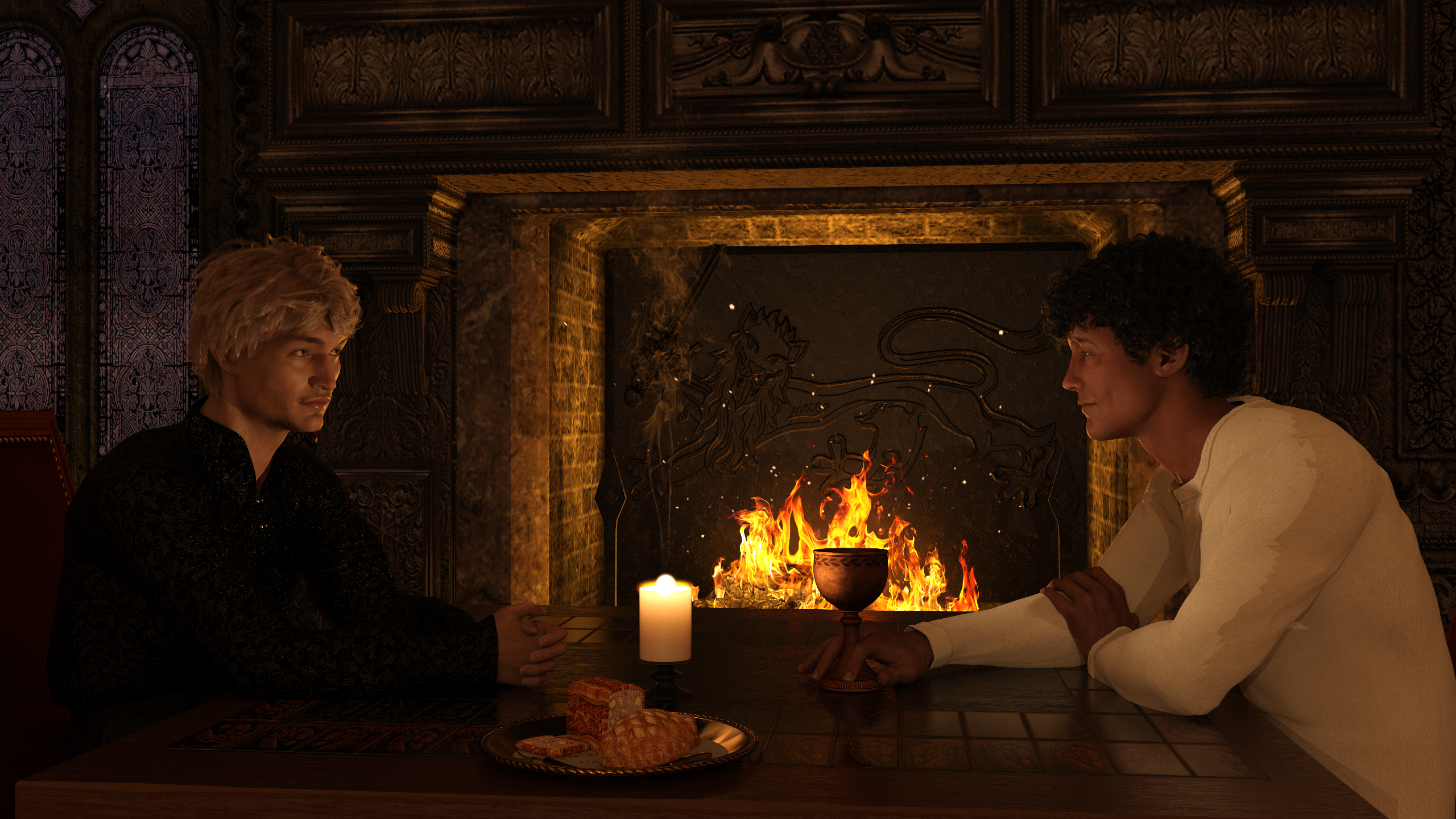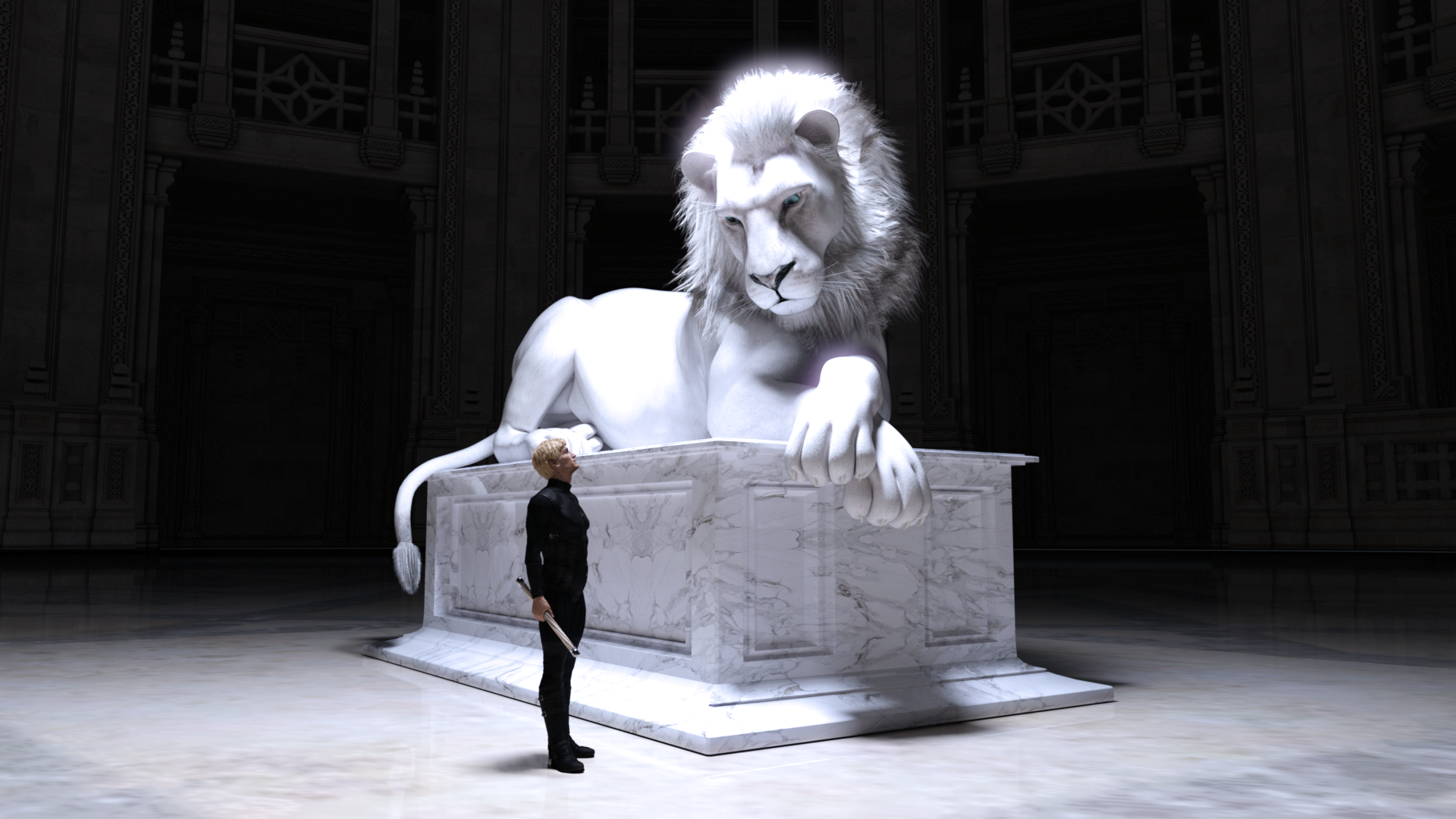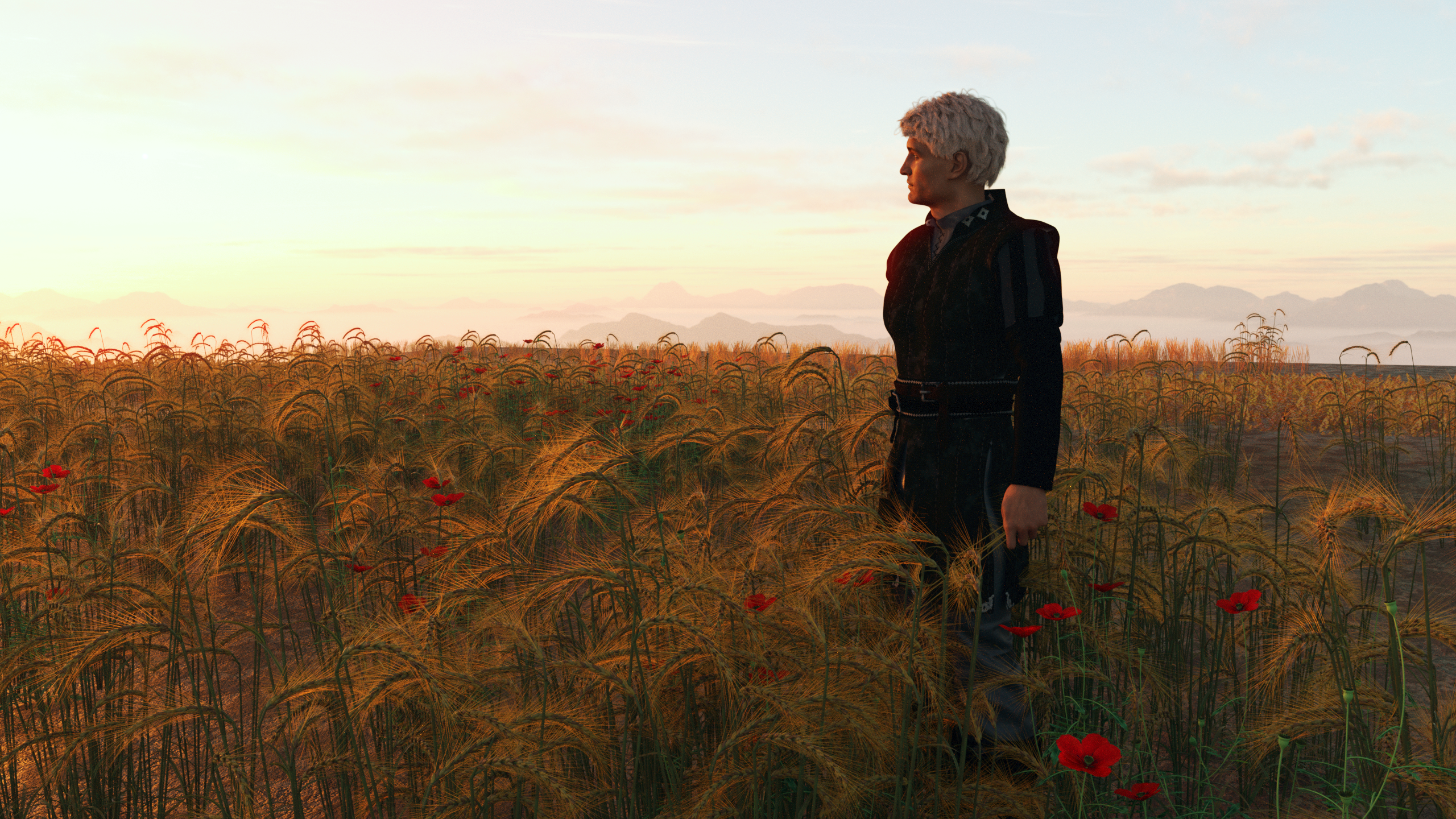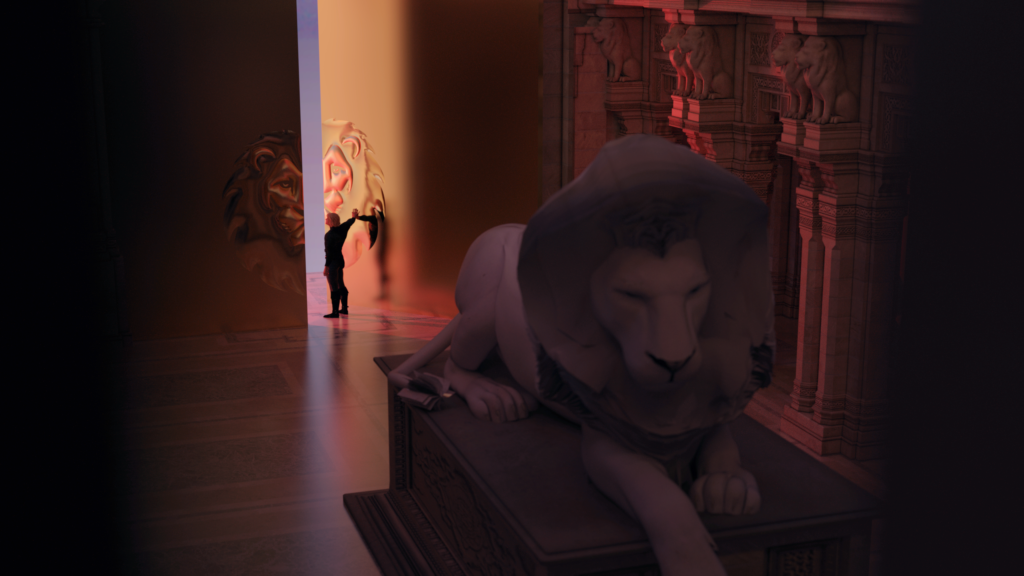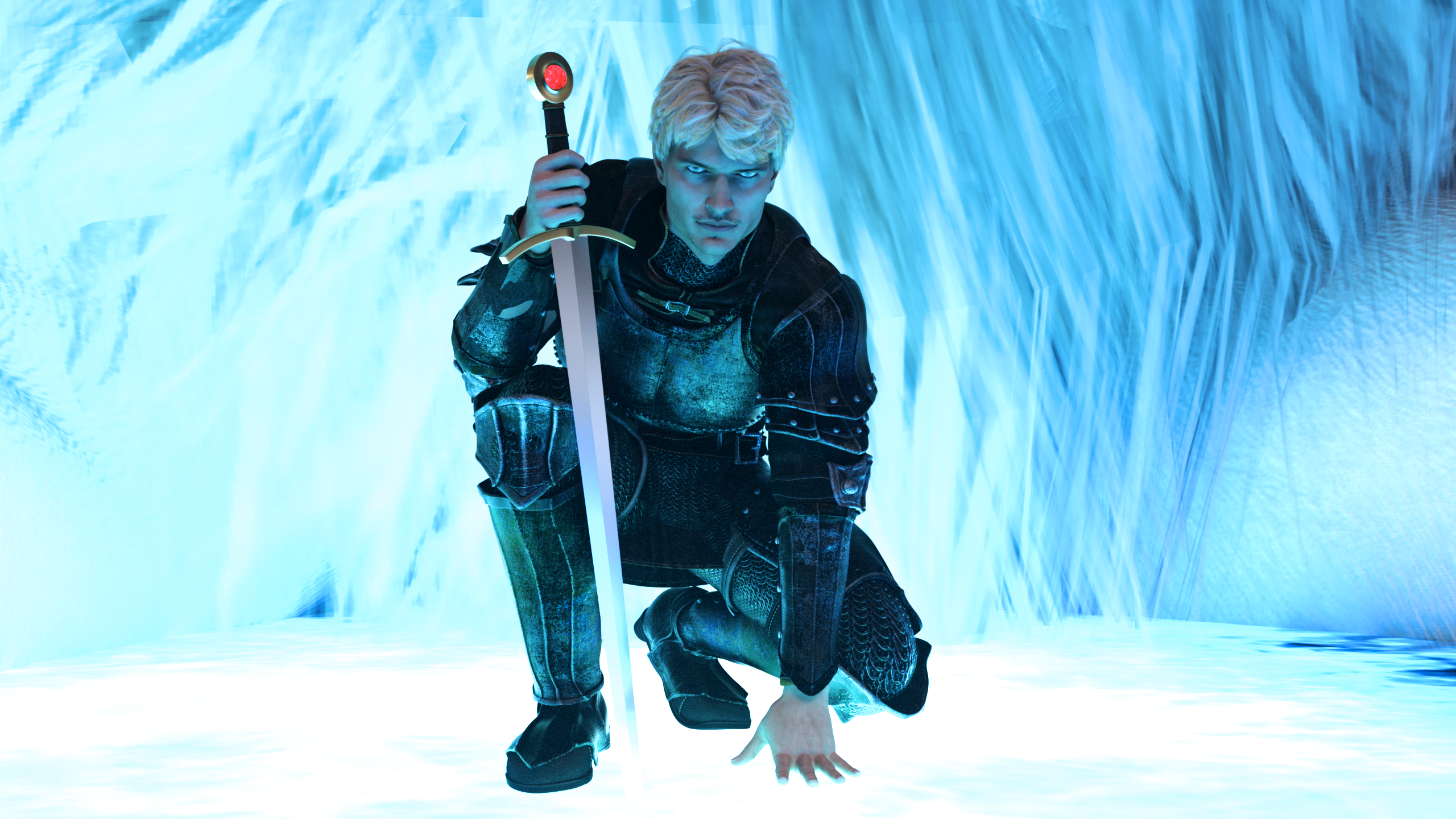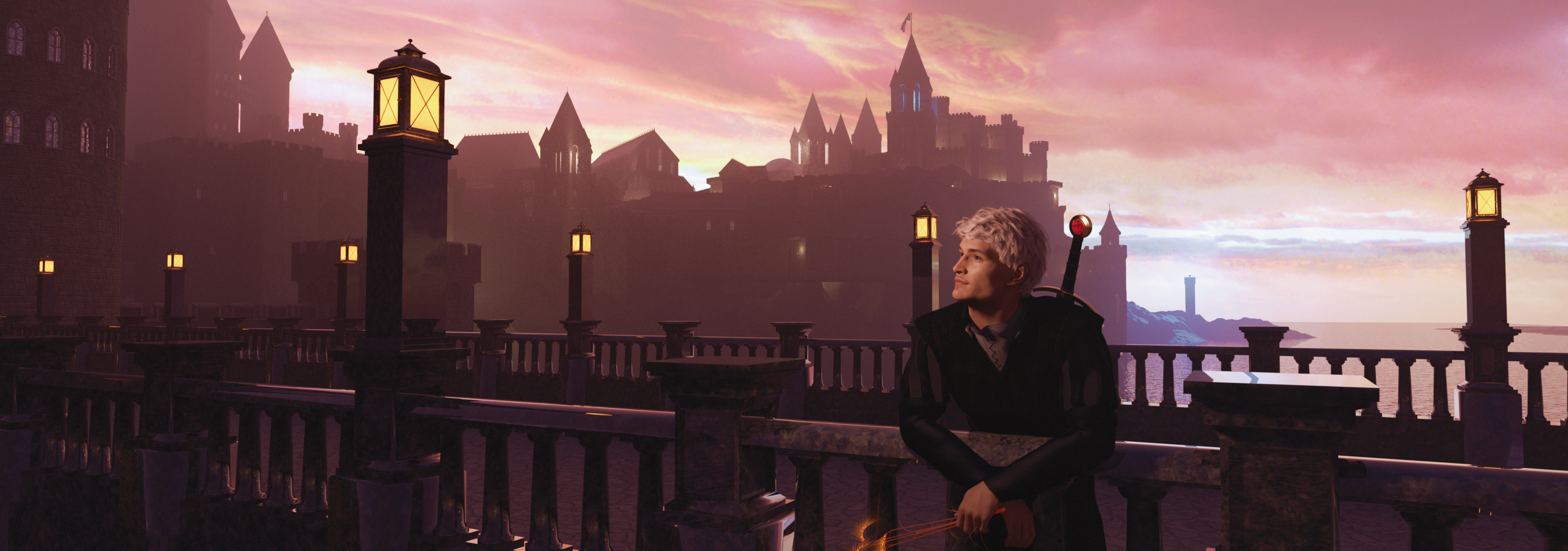
The Five:
Freelorn
Errant prince. Outlaw. Reluctant demigod-in-training. The last, best hope to save the Middle Kingdoms from their final downfall… and a very bad bet.
As the only known child of Arlen’s last king, the path of Freelorn stareiln Ferrant stai-Héalhrästi to the Throne of his forebears should have been straightforward. But Lorn’s early tendency toward bookishness, along with a stubborn refusal to fall in with the expectations of the power-brokers surrounding the Throne, complicated matters.
So did Freelorn’s slow-growing relationship with the young lord-in-waiting of the Darthene Brightwood—an acquaintanceship that slowly warmed into something deeper by far. Lorn refused to take seriously the qualms of the political movers and shakers among the Four Hundred chief nobles of Arlen, many of them troubled by the prospect of a King overly influenced by a vassal of the crown of Darthen. Freelorn laughed off their concerns and concentrated on spending as much time as he could with the thoughtful young man he’d come to love.
But when Freelorn’s father King Ferrant suddenly dies in his son’s absence, not yet having legitimized him as the next King by sending him on the perilous Nightwalk through Lionhall—the initiation ceremony by which the demigodly White Lion confirms an heir’s kingship—Lorn is promptly disowned by the Four Hundred. In his place they install on the Throne his more manageable half-brother Cillmod. Outlawed by him, Lorn flees into exile, accompanied only by a small band of friends who’ve sworn to keep him safe from the mercenaries intent on collecting the price on his head.
Years of life as a hunted fugitive ensue, during which Lorn realizes that had he stayed in Arlen, dared the Nightwalk and survived it, he might have forced the Four Hundred to let him take the Throne. But that door is now closed, and both Arlen and its closest ally Darthen are now suffering for his choices, as the royal magics meant to keep both lands whole slowly crumble. Freelorn realizes at last that with or without an army of allies to back him, he must return to Arlen and attempt the Nightwalk… or die trying.
Hard on the heels of this choice comes the pair of miracles after which Lorn finds himself the beloved not only of the first man in millennia to focus the blue Fire, but of the woman whose fierce loyalty to him has led her down paths that made her the Emissary of all humankind to the powerful and mysterious race of Dragons. For the first time, with their help, Lorn has a chance to achieve what he must. And for the first time, that’s not what matters most to him.
His return to his homeland will be ferociously opposed. The Goddess’s ancient enemy, the Shadow, sees Freelorn’s destruction as a way to bring about Its long desire—the end of all the realms of humanity. Already the Shadow is bringing every force at Its command to bear against Lorn and his allies: the monstrous Fyrd, the inimical Reaver folk from overmountain… and creatures far worse. Only Lorn’s determination to take back what’s his—and the Power of the people who love him—can now save the Four Realms from destruction. But will it be enough?
The events of the Great War for the survival of the Kingdoms are told from Freelorn’s point of view in The Door Into Sunset.
